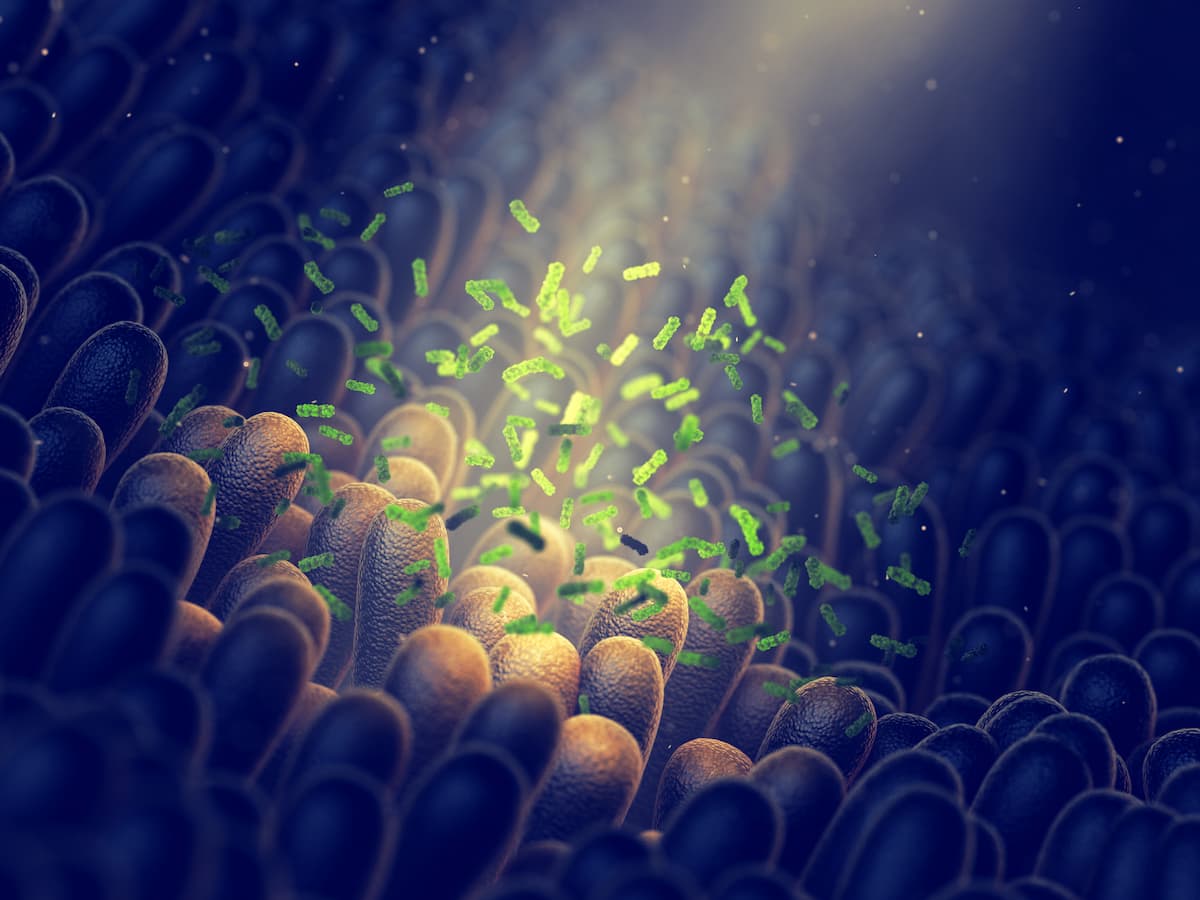The human digestive tract is inhabited by about 500 distinct species of bacteria, both beneficial and harmful. When these bacteria become disrupted or out of balance, it may have a detrimental effect on health.
A balanced gut is a good gut. When you have an abundance of harmful or parasitic microorganisms, you raise the risk of illness and inflammation. On the contrary, good gut bacteria defend you against illness, reduce inflammation, and improve overall health. Those with a diverse population of beneficial bacteria in their gut could enjoy better well-being.
Table of Contents
How To Know If You Have A Healthy Gut
If the gut bacteria are disturbed for whatever cause, there’d be prevalent symptoms. Stomach discomfort and nausea are some of the straightforward indicators that something’s wrong with your gut. These irregularities often resolve on their own within a short period. However, if they become persistent, you may need to see a doctor.
There’s also a microbiome testing kit to help you learn more about what’s happening inside your body. You may buy a gut bacteria kit to analyze the composition of your gut microbiota. With this, you can discover which beneficial bacteria are already existing in your stomach and work to increase their prevalence.
Ways To Have Better Gut Bacteria
Because several variables might contribute to the imbalance of bacteria, there are also various approaches to enhance them. It’s still entirely dependent on your health requirements, but these would promote better cultivation of microorganisms in your system. Here are some ways to improve your gut bacteria:
1. Take Probiotics
Probiotics are living, helpful microorganisms aiding in the maintenance of gut health. Inflammatory diets, pollutants in the air, and tension may all foster harmful gut bacteria. Furthermore, a dose of antibiotics is enough to exterminate your gut microbes.
Consuming a probiotic supplement may help in the replacement of healthy bacteria and the reduction of harmful ones. Probiotics also aid digestion, decrease your chances of getting autoimmune diseases, and protect you from infections.
To ensure good gut health, consider adding probiotics to your daily routine. If you’re recuperating from antibiotics, supplement with stronger strains to give your gut better assistance. If you have any digestive issues, milder kinds of prebiotics could be availed.
2. Consume Prebiotics

Prebiotics are present in a wide variety of everyday food items and are critical for a healthy gut. Because the body can’t entirely break them down, they enter your digestive system and are processed by healthy bacteria.
Thus, prebiotics nourishes your healthy bacteria, assisting them in producing critical nutrients, resulting in better health. Prebiotic-rich food items are high in dietary fibers, which include the following:
- Barley
- Rye
- Wholegrains
- Apples
- Onions
- Carrots
- Mushrooms
- Garlic
- Legumes
- Wheat
3. Stay Away From Stress
Stress has a detrimental effect on all facets of your health, particularly your physical, emotional, and gastrointestinal health. If you’re anxious, the bacteria inside your gut may sense it as well. It may even deplete the population of beneficial bacteria such as Lactobacillus.
Unbalanced gut bacteria might leave you vulnerable to more significant consequences, including inflammation, recurrent sickness, exhaustion, autoimmune illnesses, and other related disorders. Hence, it’s important to schedule time for relaxation and self-care.
Prevent unduly stressful circumstances and practice deep breathing and yoga strategies. You can also take a warm bath infused with lavender oil after a stressful day. Lavender is well-known for its energizing properties as well as its relaxing and stress-relieving qualities.
4. Get Adequate Sleep
Sleep and intestinal health are inextricably linked. Your stomach and brain interact through nerves and hormones, and these exchanges may affect your sleeping habits and mood.
Your sleep and biological cycles may affect the health and abundance of your microbiome. Your biological clock operates on a 24-hour cycle and it regulates critical activities such as metabolism and sleep. Your gut bacteria also adhere to this routine, so if you don’t get adequate sleep, your metabolism and gut bacteria balance may be disrupted.
To prevent this from happening, you must establish a bedtime and sleeping pattern. Sleep for a minimum of eight hours every night. Avoid using your mobile devices before bedtime and keep your room temperature cool.
5. Limit Alcohol Intake
Alcohol isn’t the greatest buddy of the belly as it deteriorates the intestinal barrier. Additionally, alcohol may increase the number of harmful bacteria and cause diarrhea, vomiting, and gas, which aren’t pleasant to experience.
In simple terms, abstaining from alcohol is largely beneficial to your overall health. However, the occasional intake of red wine isn’t so harmful. This is because red wine has polyphenols, which are antioxidants that aid in protection against inflammation and illness while also increasing the number of healthy bacteria in the gut.
6. Stay Away From Sugar
Sugar may disrupt the delicate balance of your gut bacteria. While simple sugars are commonly incorporated into a variety of meals, excessive consumption may raise negative health effects. Additionally, it has the potential to disrupt your gut microbiome.
If you’re curious about how to eliminate harmful bacteria from your stomach, cutting back on sugar may help. Sugar is often included in drinks, processed products, take-out, and restaurant cuisine because it balances flavor and it masks low-quality components. However, never mistake these kinds of sugars with complex carbohydrates found in plant-based food that your microbiome requires to live and flourish.
7. Consider A Plant-Based Diet
Animal-based diets encourage the development of several kinds of harmful gut bacteria more than plant-based diets. This implies plant-based diets may be more beneficial for the gut. This might be because they have a greater amount of fiber. However, it’s still unknown if the beneficial impacts of vegetarian diets may be attributable to the absence of meat.
Bottom Line
Your gut bacteria play a critical role in several facets of health. Your life choices may have a significant influence on the delicate equilibrium of bacteria. Simple lifestyle adjustments such as increasing fiber intake, sleeping, and avoiding alcohol may help you achieve a good gut microbiota. Consider the ideas mentioned here and start your journey in having a healthy gut.


